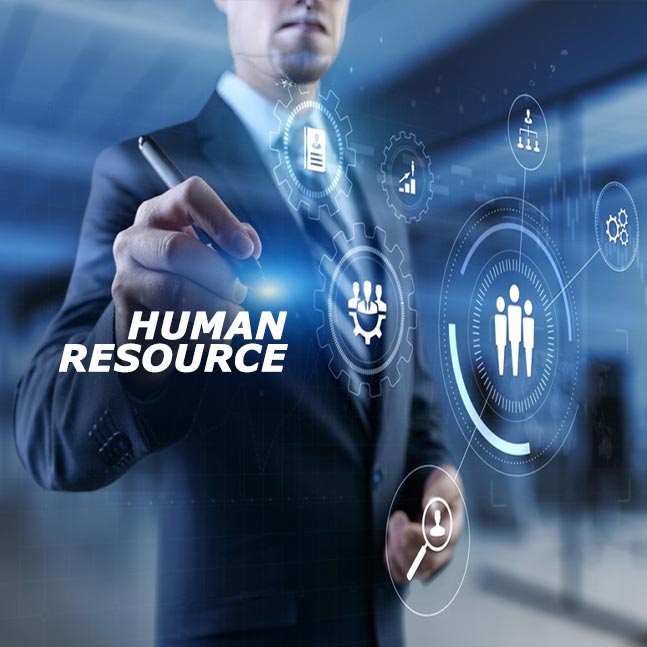Blogs
From policies to purpose: The role of HR in driving organizational sustainability and social responsibility
In today’s rapidly evolving corporate landscape, the significance of sustainability and social responsibility in the workplace is paramount. These two pillars profoundly influence the physical spaces we inhabit and shape the ethos of an enterprise. A commitment to sustainability ensures that workplaces are environmentally friendly and promote employee well-being, while fostering social responsibility cultivates a more engaged and conscientious workforce, particularly as younger generations, like Gen Z, prioritize these values when choosing where to work. By integrating sustainability into operations and encouraging community involvement, organizations can create a workplace culture that is both forward-thinking and deeply connected to the broader social fabric.
Sustainability can be embedded into an organization’s core through targeted initiatives led by HR. By implementing training programs and advocating for eco-friendly practices, HR can help employees adopt sustainable habits both at work and in their daily lives. Moreover, HR departments play a pivotal role in developing sustainable workplaces by promoting environmentally conscious design and operational practices, such as using locally produced materials, maximizing natural light, and optimizing water consumption.
As key influencers in policymaking, HR professionals are uniquely positioned to champion sustainability initiatives and inspire employees to embrace them. The role of the Chief Human Resource Officer (CHRO) and HR departments in integrating sustainability into broader business strategies is gaining momentum. In sectors like real estate, aligning internal practices with external societal expectations is essential. This involves addressing the full spectrum of impacts; both operational and environmental—while maintaining a commitment to responsibility and fostering a positive work environment.
According to the Deloitte 2024 Gen Z and Millennial Survey, environmental sustainability remains a top priority for these generations. They believe that companies should do more to enable consumers to make sustainable purchasing decisions. In this changing scenario, integrating sustainability into HR policies is about fostering a workplace that champions both people and the planet.
Key areas where HR initiatives contribute to organisational sustainability and social responsibility:
Role of HR in Building a Sustainable Workplace
As organisations transition from traditional economic goals, to setting sustainability targets like achieving net zero carbon emission, the role of Human Resources (HR) has become increasingly pivotal. HR is now at the forefront of driving this responsibility, as it integrates social, environmental, and economic considerations into every aspect of its practices and decision-making. More and more corporations have integrated their sustainability metrics into their HR practices over the past few years.
To effectively address sustainability and social responsibility, organisations must implement strong and motivating HR policies, which can be initiated through –
- Dedicated sustainability teams: Establishing a team of like-minded people to focus on sustainability initiatives. This team can spearhead further activities like reducing waste, conserving energy, and promoting awareness among colleagues.
- Workshops/training: Integrating sustainability into employee training programs including workshops on green building practices and energy conservation. Consider partnering with industry green bodies for certifications and credibility.
- Incentives and Rewards: Recognize and reward employees for their contributions to sustainability. This could include bonuses for innovative green practices or public recognition for outstanding efforts.
- Paid Time-off: Offering paid time off for volunteering with external NGOs, that align employees’ personal values as well as with corporate goals.
- Organising large-scale events: Organising community events like revitalising lakes or building schools, hospitals, or skilling centres so that society can experience and benefit from the expertise of the employees. This will also boost the spirit and morale of the workforce.
The Gen-Z Effect: Getting Onboard with a New Generation
As Gen-Z enters the workforce, they bring with them a remarkable sense of purpose and agility, eager to make a meaningful impact. These young professionals are enthusiastic about using their skills to drive positive change for those in need. Their desire for meaningful work aligns seamlessly with organisations that are committed to sustainability and social impact. The Gen-Z effect is a powerful reminder that a clear, passionate commitment to meaningful work and sustainability can both motivate current employees and draw in the next wave of talent for the company.
Building a Progressive Workplace
By embedding principles of sustainability and social responsibility into HR practices—such as recruitment, training, and employee engagement, HR leaders can empower employees with the knowledge, skills, and mindset essential for success in a rapidly evolving world. HR plays a critical role in this transition by bridging the gap between corporate goals and employee engagement.
By implementing detailed policies and practices that reflect a commitment to the community, real estate firms can build a progressive workplace that attracts top talent from across generations and contributes positively to society. Moreover, effective integration and clear communication across various departments ensure that all efforts align towards a unified goal, committed to both organisational and societal progress.
Source: Insights



